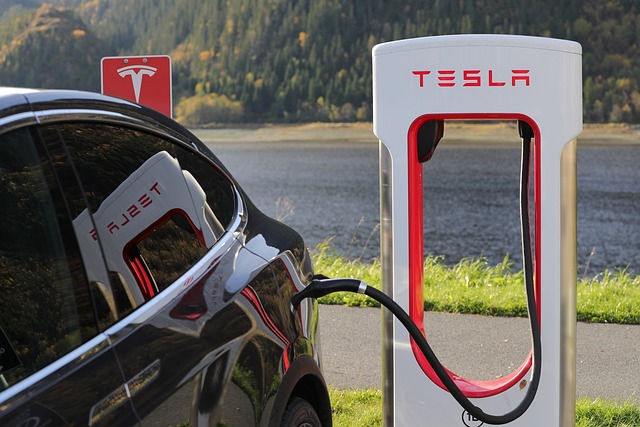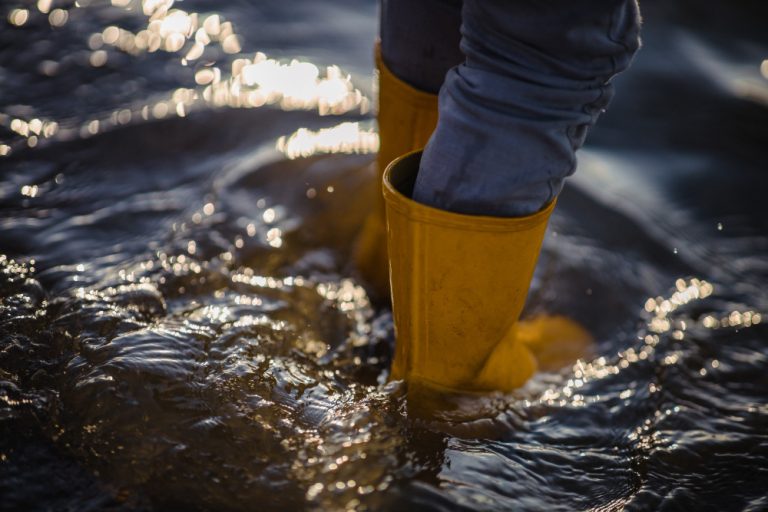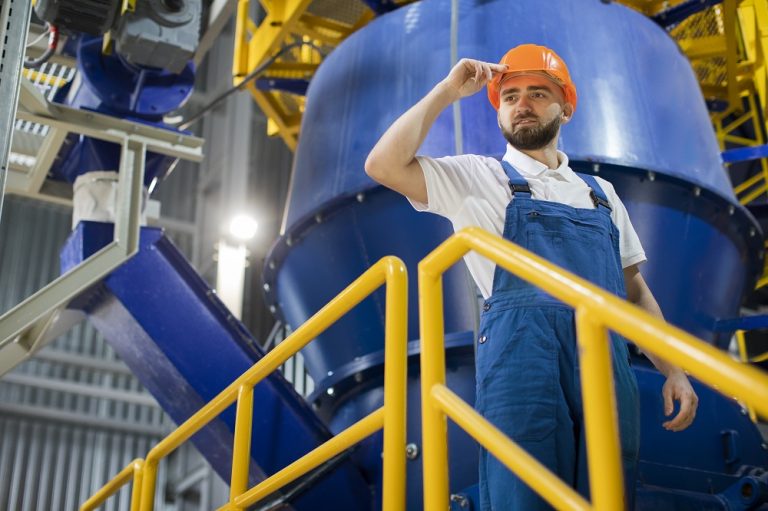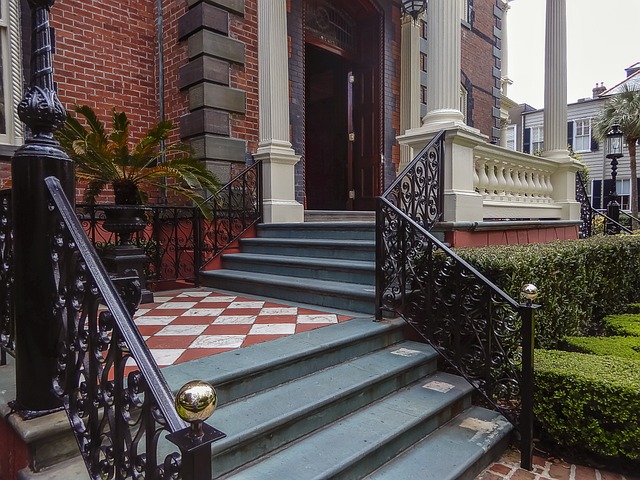Dolce & Gabbana embraces sustainability as an integral part of the Company’s culture. This includes ensuring that all employees understand the importance of sustainability and how it applies to their daily work performance.
Many businesses seek to be more sustainable by conserving resources and ensuring they have enough revenue to thrive in the long term. They may also promote diversity and fairness in hiring or implement policies that support local communities.
Embracing the Future
The phrase dolce far niente—meaning “the sweetness of doing nothing”—encourages people to step back and enjoy simple pleasures. Several Italian practices embody this philosophy, including long, slow meals with family and friends, afternoon siestas, and leisurely walks (passeggiata). These traditions demonstrate the value of relaxation and self-care.
In a world that often feels like it’s moving at breakneck speed, the Dolce far niente mindset offers a much-needed respite. By incorporating the philosophy into your brand’s culture and messaging, you can encourage a balanced lifestyle and help your customers find joy in their lives.
Many brands use this approach to promote work-life balance, emphasizing the importance of rest and recharging. Others create wellness rooms and flexible working policies to inspire employees to live the Dolce Niente lifestyle at home and work. Authentic content highlighting a company’s commitment to this philosophy can also resonate with audiences and foster loyalty.
Creating an Unforgettable Experience
Whether it’s eating a dollop of ice cream or enjoying a stroll, the beauty of Italy inspires a philosophy that celebrates the sweet things in life. The concept of dolce far niente is rooted in Italian culture and encourages a slower pace, a focus on relationships, and an appreciation for the simple joys of life.
Throughout the movie, Dolce and Gabbana deeply love Sicily and its people. This connection is the soul of the brand and a guiding light for the future of Dolce & Gabbana.
Jesse Cole, owner of the Savannah Bananas baseball team, has a solid Dolce spirit. He is unafraid to take risks and experiment with new ways to connect with fans. From putting rivals’ logos on toilet paper to selling Dolce & Banana underwear, he understands the importance of creating an unforgettable experience. This dolce spirit has helped him build a community of over 2.7 million on TikTok.
Embracing the Past
If we want to embrace the ethos of dolce far niente, it’s time to take a break from the 24/7 digital world. This isn’t about laziness; it’s about enjoying the simple pleasures in life and slowing down to appreciate the beauty of our natural surroundings.
When we make holidays, birthdays, and weddings less wasteful, we help to protect land, water, and wildlife while respecting our communities and preserving traditional manufacturing skills. This can be achieved by reducing waste from plastic decor and excessive gifts, giving homemade or secondhand presents, using plant-based food and single-use dinnerware, and foraging instead of buying flowers.
Dolce’s sustainability initiatives also include a commitment to promoting Made in Italy culture and traditions through collaboration with local artisans and encouraging more responsible consumption through sustainable clothing design. Additionally, Dolce is working to decarbonize its stores and implementing energy efficiency measures. Dolce also enables customers to extend the lifespan of their pieces by offering repair services.
Creating a Sustainable Future
To solve global sustainability challenges, we need a whole-of-society transformation led by governments. Governments have an enormous role in enabling green growth, tackling environmental pollution, and protecting and replenishing natural capital.
For example, they can reduce carbon emissions by promoting intelligent energy systems and encouraging renewables. And they can promote the development of more efficient vehicles to help reduce air pollution while supporting the adoption of electric cars.
These policies can also support the transition to a low-carbon economy by providing tax breaks, incentives, and favorable lending to promote green investments. And they can promote sustainable agriculture, water, and waste management policies.
These measures can also create more jobs and help address youth unemployment. This can increase social stability and prosperity while reducing the need for government welfare. They can also support economic recovery while addressing the challenges of climate change and resource scarcity. This can help build a more inclusive and equitable world for everyone.
















+ There are no comments
Add yours